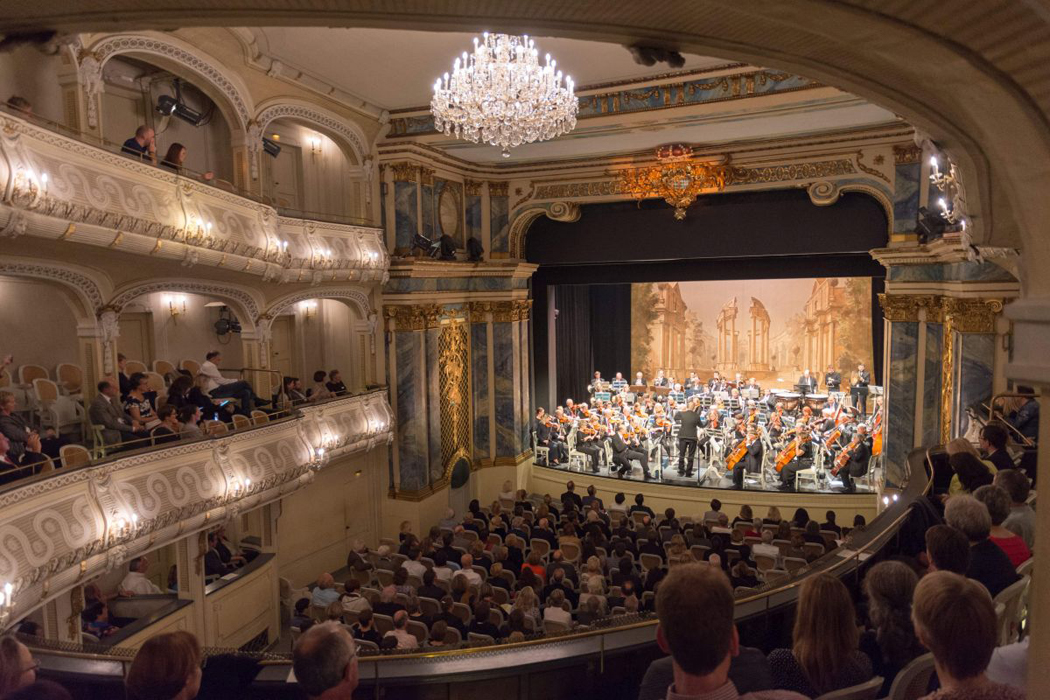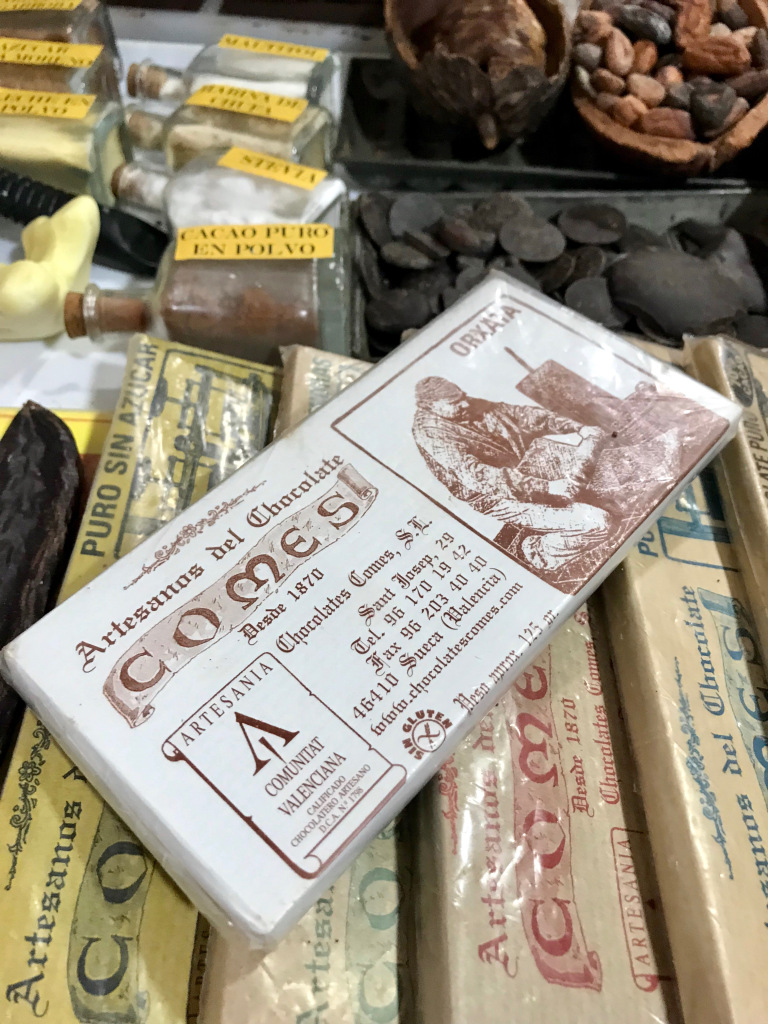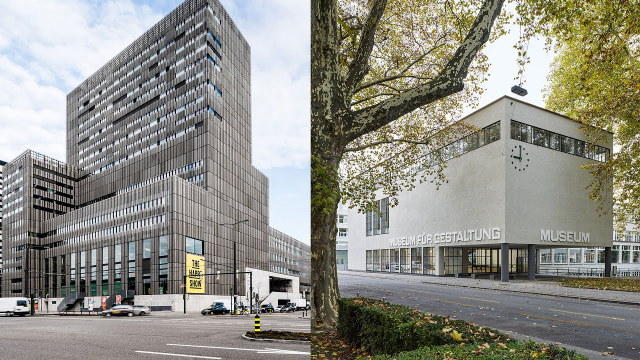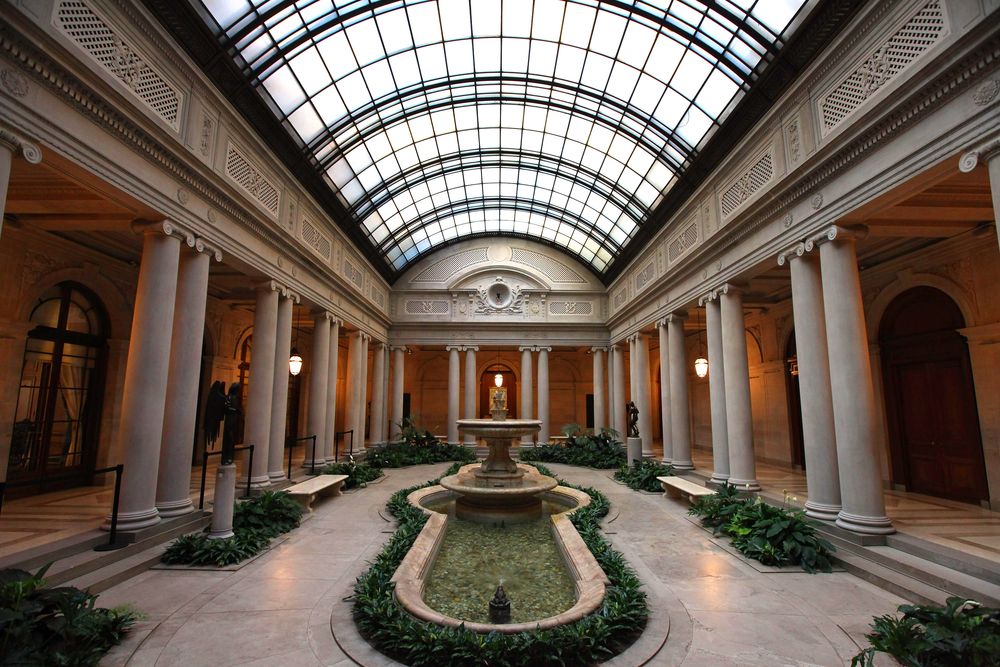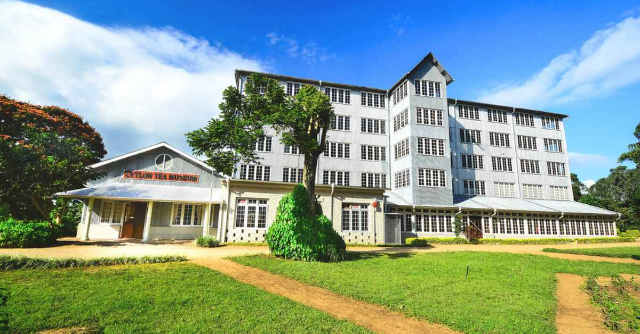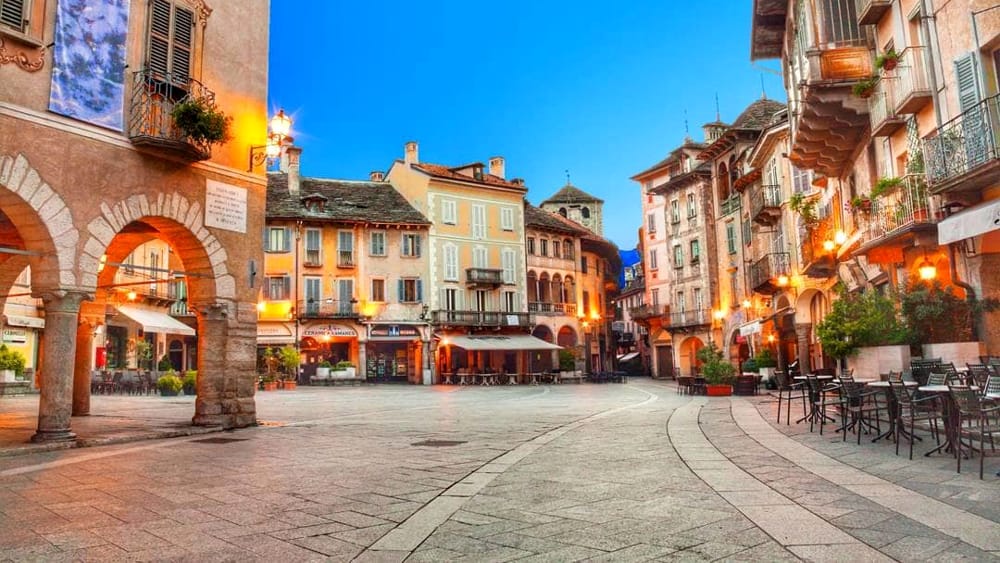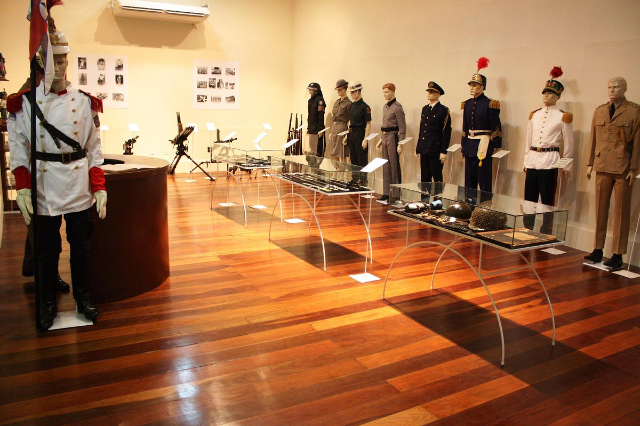Schlosstheater Schwetzingen (Schwetzingen palace theater) is a court theater in Schwetzingen, Baden-Württemberg, Germany. The historic building, opened in 1753, is part of Schloss Schwetzingen and since 1952 the principal venue of the Schwetzingen Festival. It is also called Hoftheater (court theater), Hofoper (court opera), and Comoedienhaus (comedy house). The frequently applied name Rokokotheater (Rococo theater) is misleading, because it shows also neoclassical elements, added in 1762.Karl Theodor, the Pfalzgraf who resided in Mannheim, had the theater built for his summer residence in Schwetzingen in 1752 to the plans of court architect Nicolas de Pigage.[1] It was opened on 15 June 1753, presenting Ignaz Holzbauer’s opera Il figlio delle selve.[2] The theater could then be considered a rococo creation, but was expanded with early neoclassical tendencies. While it first had no boxes, it was enlarged in 1762, creating a "box-like" impression. It is the oldest surviving Rangtheater (theater with boxless tiers) in Europe.[3] The Mozart family visited the theater in 1763 and saw a play.[1][4] When Karl Theodor succeeded Maximilian III Joseph of Bavaria as Elector of Bavaria in 1777, the court had to move to Munich and the theater lost its importance. Its original stage machinery was preserved into the 20th century, but it was replaced by modern facilities in the 1950s and again in the 1970s.
As part of the Residenz in the Schwetzingen Castle, it first belonged to the Electors, later to the Land Baden, then the state Baden-Württemberg.
